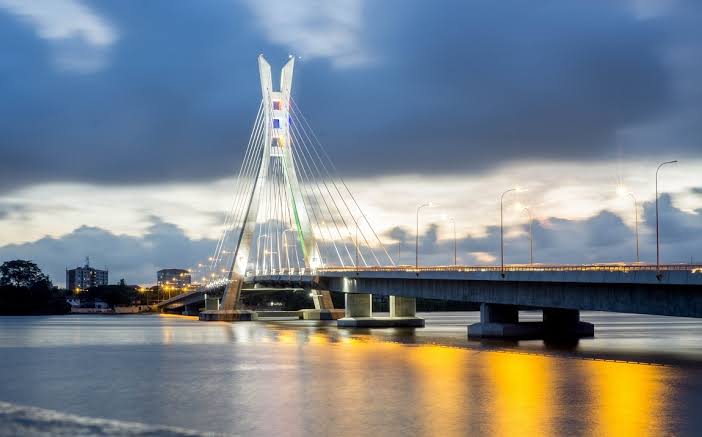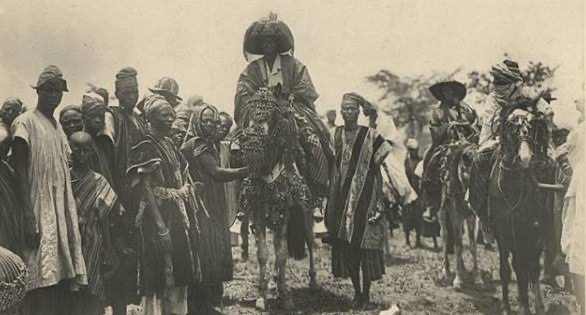Ojota was a military settlement where soldiers practiced their shooting. There were several gun firing spots which became known as “Oju Ota” which means “Bullet spots” in Yoruba. Later, the name metamorphosed into Ojota as it is fondly called now.
Before it became a posh area and home to the affluent, Magodo was sacred land. The residents had a lot of taboos. One of such was to avoid using mortars and pestles, “Ma gun odo” which means “Don’t pound it”. It later became ‘Magodo’.
Ikeja, the capital of Lagos consists of 78 communities. The earliest settlers in the area and its environs were Aworis who migrated from Ota-an Awori town in Ogun state which is about 24km north of Ikeja township.
This is one of the most popular markets in Lagos. Its name was derived from the then acting governor of the Lagos colony, William McCoskry. He had a red beard and the Yorubas decided to describe him by his red beard as they could not pronounce his name.
Located along the Lagos-Abeokuta expressway, this area derived its name from the early settlers who were Egba people from Abeokuta. The area used to be called “Abule awon egba” meaning “Village of Egba people” in Yoruba. It later became “Abule Egba”.
This area is named after the early settlers who were Epe traders. It became populated by Epe traders. Till date, they still trade here
During the colonial era, Ebute-Metta was a hub for trade and commerce. It was one of the earliest harbour docks where British ships berthed at.
Oshodi was named after Balogun Landuji Oshodi Tapa, a Nupe boy who was adopted and raised by Oba Eshinlokun of Lagos.
Lagos was invaded by British Naval forces in 1885 under the pretext of stopping slavery and human sacrifice. The noise of their canons was really loud and could be heard round the streets of Lagos Island.











